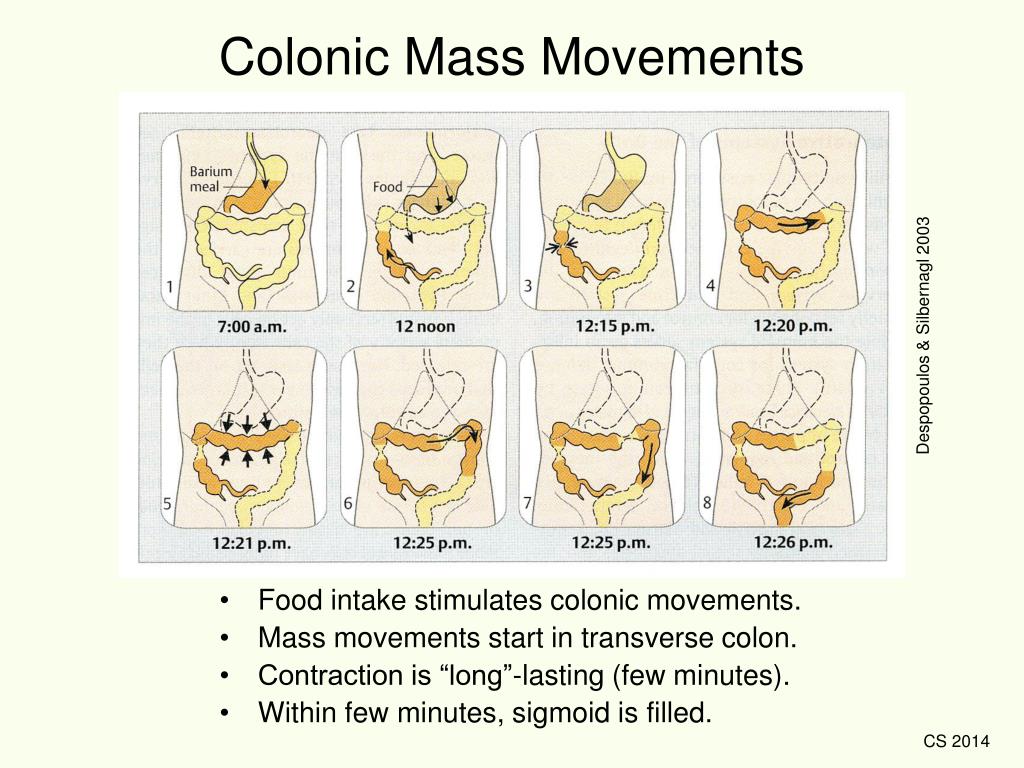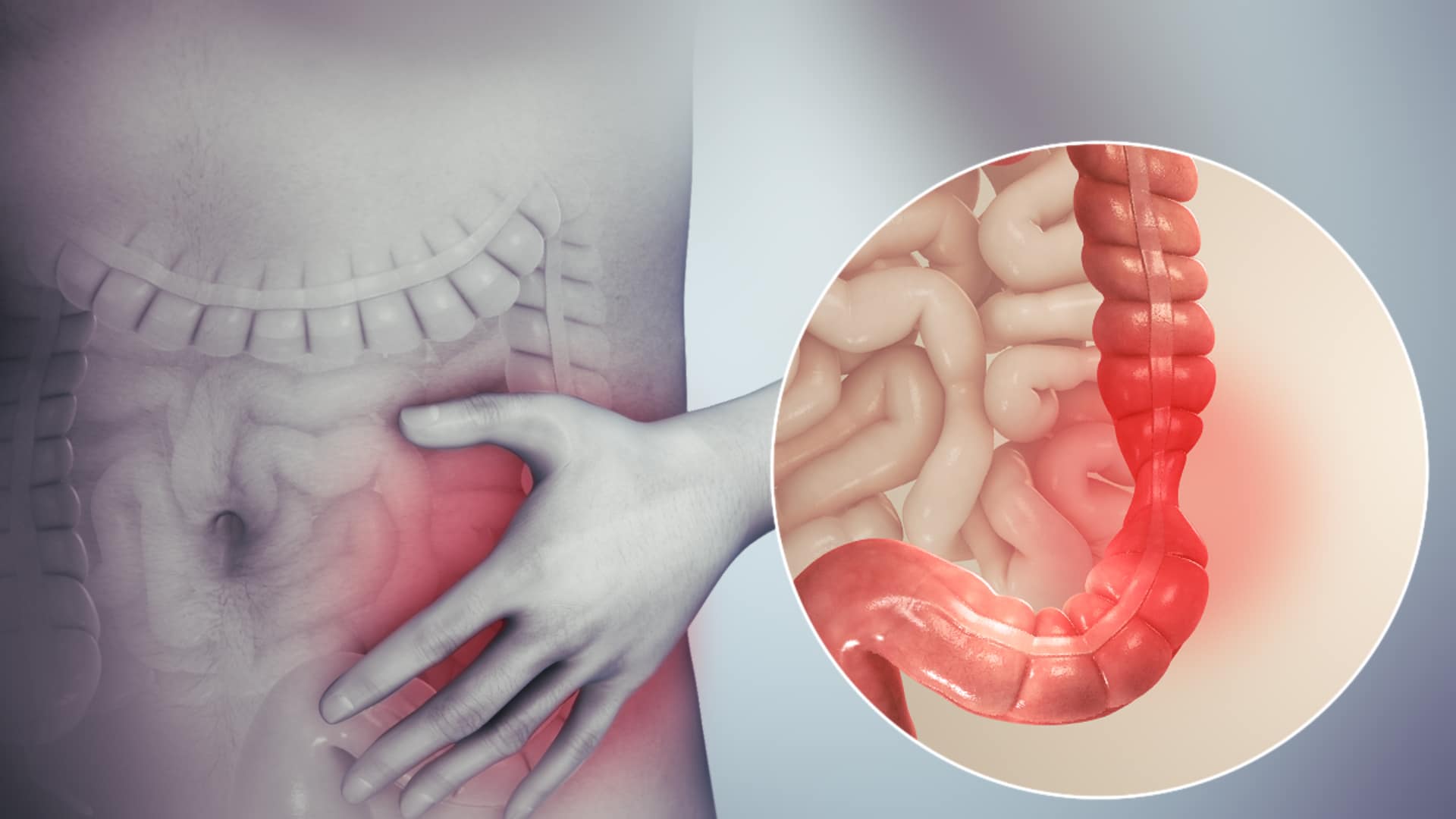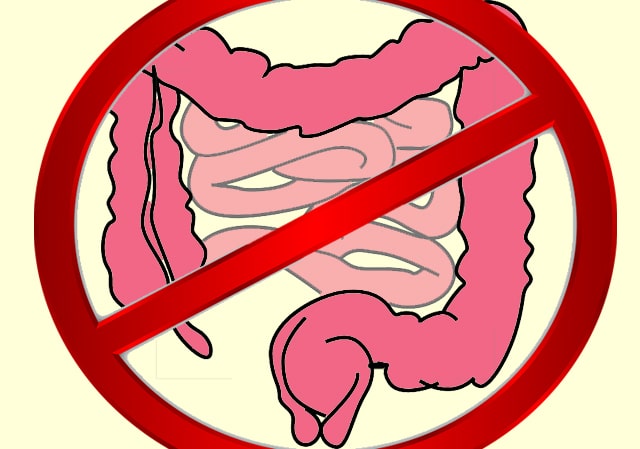Death is an inevitable part of life, and it is something that we will all experience at some point. When a person dies, their body undergoes a number of changes, including the cessation of bodily functions. One of these functions is bowel movement, which can occur after death. In this article, we will explore bowel movement after death and what it means.
What Causes Bowel Movement After Death?

When a person dies, their body begins to undergo a process called rigor mortis. This is when the muscles in the body stiffen and become rigid. As a result of this process, the muscles in the rectum and anus can contract, leading to the release of any stool or gas that may be present in the digestive tract.
In addition to rigor mortis, other factors that can contribute to bowel movement after death include the buildup of gases in the digestive tract, the breakdown of tissues and organs, and the movement of bacteria from the intestines into other parts of the body.
Is Bowel Movement After Death Normal?

While bowel movement after death may seem strange or unsettling, it is actually a normal part of the body's natural processes. As the body begins to shut down, all of its functions, including bowel movement, will eventually cease.
It is worth noting, however, that the occurrence of post-mortem bowel movement can sometimes be a sign of other underlying medical issues, such as infections or injuries to the digestive tract. If you are concerned about the presence of bowel movement after death in someone you know, it is important to seek medical attention right away.
Can Bowel Movement After Death Be Prevented?

Unfortunately, there is no way to prevent bowel movement from occurring after death. It is a natural part of the body's processes, and it will happen regardless of any preventative measures that may be taken.
That being said, there are ways to minimize the impact of post-mortem bowel movement. For example, placing absorbent pads or sheets under the body can help to contain any stool or gas that may be released. This can be especially important in situations where a body will be transported or moved.
What Should You Do If You Encounter Bowel Movement After Death?
:max_bytes(150000):strip_icc()/normal-bowel-movements-1942606-v1-5c3b856a46e0fb00014b2036.png)
If you encounter bowel movement after death, it is important to handle the situation with care and respect. It can be a difficult and emotional experience, but it is important to remember that the person who has passed away deserves to be treated with dignity.
If you are in a public setting, such as a hospital or nursing home, it is important to notify staff right away. They will have protocols in place for handling post-mortem bowel movement and can help to ensure that the situation is managed appropriately.
If you are in a private setting, such as a home or hospice, it is important to contact a funeral home or mortuary as soon as possible. They will be able to provide guidance on how to handle the situation and can help to make arrangements for the deceased.
Conclusion
Bowel movement after death is a natural part of the body's processes and can occur for a variety of reasons. While it may seem strange or unsettling, it is important to remember that it is a normal occurrence and does not necessarily indicate any underlying medical issues. If you encounter bowel movement after death, it is important to handle the situation with care and respect, and to seek medical attention or contact a funeral home if necessary.